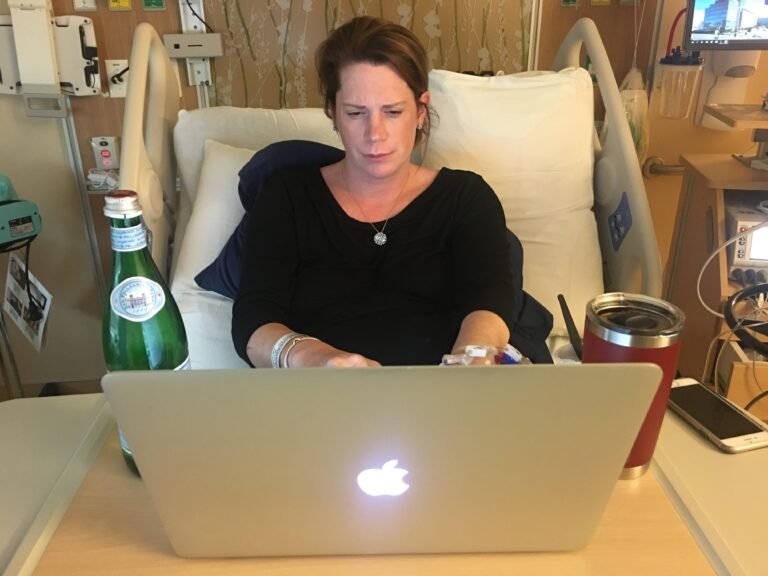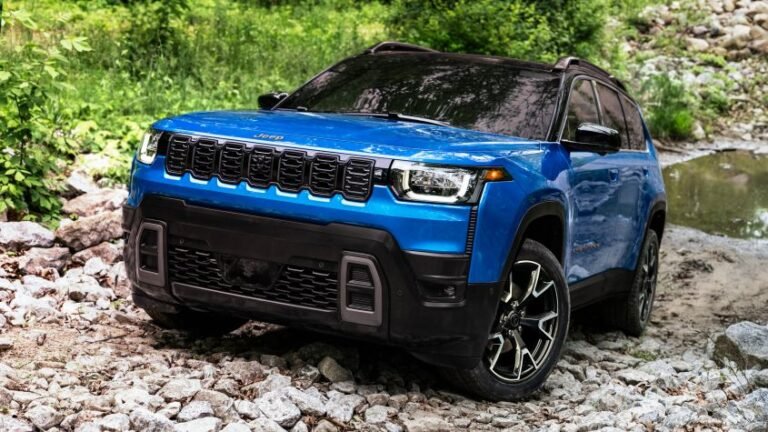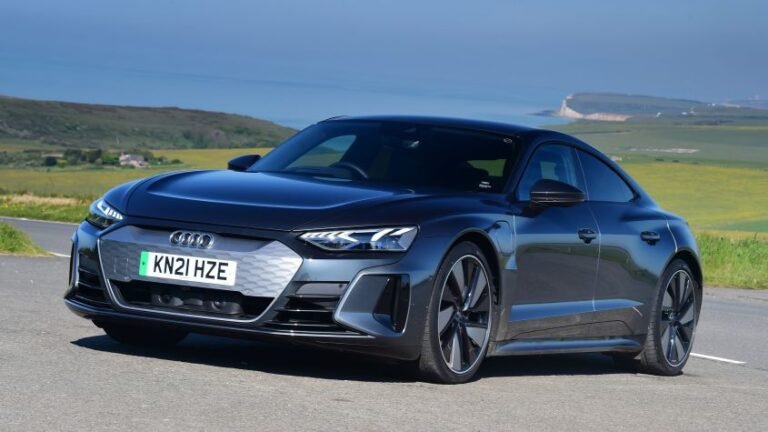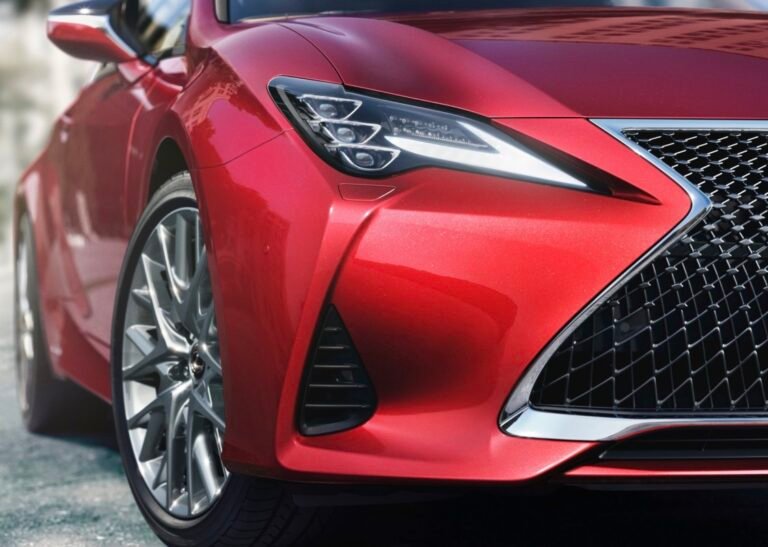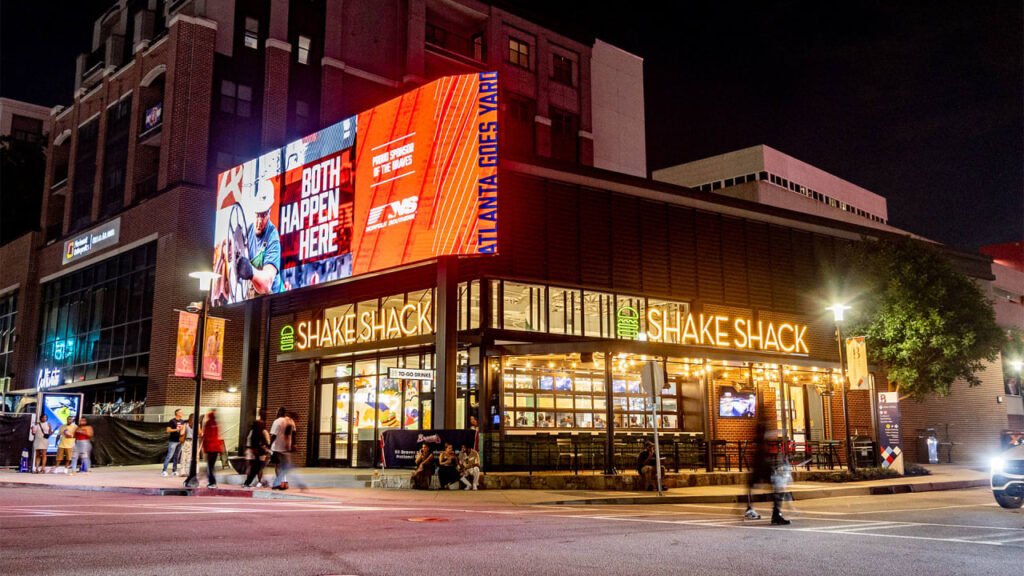
Shake Shack just unveiled a new design concept in Atlanta that includes the company’s first-ever restaurant with a full bar, encouraging diners to linger longer over boozy chocolate shakes.
The new restaurant will be the second-largest Shake Shack ever by square footage and is located in the Battery, a mixed-use development space that’s adjacent to Truist Park, where the Atlanta Braves baseball team plays.
The fast-casual burger chain says it will open more restaurants with a full bar if the concept is well received, adding a new element to the chain’s accelerated store opening strategy. Shake Shack has been embracing a wider array of distinct restaurant formats, including drive-throughs in the suburbs, smaller formats that prioritize to-go orders, and locations in stadiums, train stations, and airports. In 2025, Shake Shack is projected to open 45 to 50 new company-owned locations, the most ever in a single year.
The North Star goal is to operate at least 1,500 Shake Shack company-owned locations “over time,” well above the prior aspiration of 450 that was shared with investors when Shake Shack filed to go public in 2015.
“We know that one of the biggest barriers to entry for Shake Shack is that there’s just not a Shake Shack close enough to you,” says Andrew McCaughan, Shake Shack’s chief development officer, during an interview with Fast Company. “So we’re certainly trying to solve that problem.”
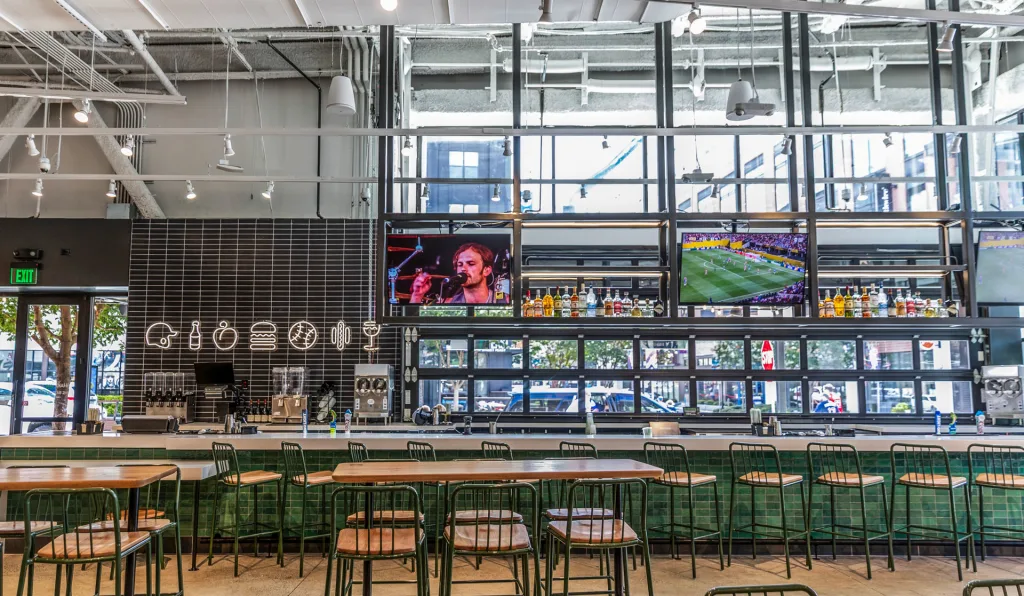
The new Atlanta location features 115 total seats, including 23 at the bar, and the interior decor includes a mural, a wall of free arcade games, and 14 televisions to show sporting events. There’s also a walk-up pickup window for to-go purchases and a hot dog cart in front of the restaurant on game days.
But the most unique element is the bar with a wide range of speciality cocktails priced between $12 and $14. There’s a lemon fizz mixed with Tito’s vodka and St-Germain Elderflower liqueur; a Patrón margarita; and a boozy espresso shake that blends chocolate frozen custard with Jameson Irish whiskey, Mr Black Coffee liqueur, and La Colombe cold brew, topped with whipped cream.
“Alcohol has been foundational and we offer it in many Shacks across the board,” says McCaughan of the chain’s long history of selling wine and beer, including at the first-ever restaurant in Manhattan’s Madison Square Park in the earliest days of operation.
Shake Shack says the inspiration behind the full bar came from the Shake Shack’s licensing partners, who have already experimented with the format at the Denver airport and the Atlantis luxury resort in the Bahamas.
The chain’s expansion plans come as sales continue to swing upward, with total revenue increasing 15% to $1.25 billion in fiscal 2024 from the prior year, bolstered by both new restaurant openings and a 3.6% increase in same-Shack spots open for 24 fiscal months or longer. Total revenue also leapt by nearly 11% in the most-recent fiscal first quarter results posted in May.
With only 380 U.S. locations and another 210 internationally, Shake Shack’s ambitious growth plans still have a long road ahead. The new growth target was set by a newer management team led by CEO Rob Lynch, who joined in 2024 after previously serving as president and CEO of pizza restaurant Papa John’s International. He succeeded Randy Garutti, who retired after working for Shake Shack for more than two decades.
Shake Shack also lured COO Stephanie Sentell from Arby’s owner Inspire Brands and has added more outside restaurant expertise to the company’s board in an agreement that helped avoid a proxy battle with activist investor Engaged Capital.
Some experts say that bringing in fresh perspectives have helped Shake Shack run more efficient and consistent operations. This approach similarly helped Chipotle Mexican Grill after founder Steve Ells stepped down and Brian Niccol became CEO in 2018. Niccol got mostly good marks for his work at Chipotle and has since been tapped by Starbucks to help the coffee giant enact a turnaround. Chipotle operates over 3,700 restaurants and is aiming to reach 7,000 locations in North America over the long term.
Brian M. Vaccaro, managing director of restaurants at investment bank Raymond James, says he’s long been impressed with the brand’s average unit volume, which Shake Shack is targeting in the range of $2.8 million to $4 million per location. “That demonstrates to us that Shake Shack is a differentiated brand that can have success in a wider range across the country,” says Vaccaro. “With the optimized operations and improved margins, we think it can drive some pretty positive shareholder returns.”
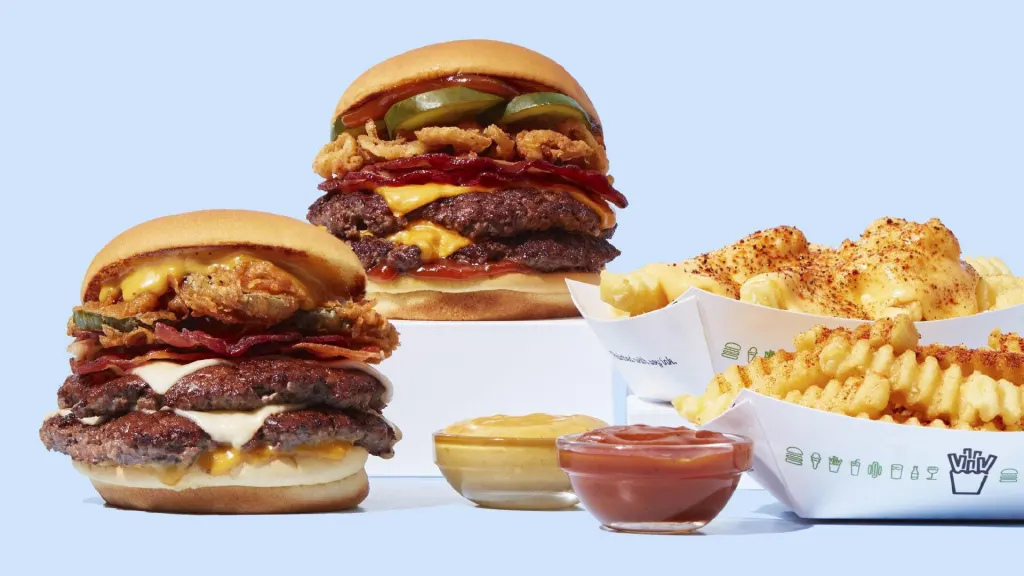
On top of recent menu innovations including the return of a summer BBQ menu and fried pickles, the latter the first-ever side item added to the menu, Shake Shack’s embrace of technology has also evolved. The company unveiled its first self-serve kiosk in New York City in 2017 and after some early bumps in getting these devices to work for guests, has since rolled them out to nearly all locations.
McCaughan says the kiosks have allowed Shake Shack to shift employee resources away from the cashier station to food preparation. “That was a shift we made, allowing technology to play a better role interacting with the guests,” he adds.
In the Atlanta restaurant and a nearby kitchen innovation lab that recently opened, Shake Shack is testing new kitchen equipment that can help make sandwiches and shakes more efficiently, but also retain the chains’ food preparation standards. “We’re taking a fresh look,” says McCaughan, of the company’s more engineer-focused approach to rethink time-saving machinery for fryers and griddles.
But, he says the chain won’t be embracing more autonomous-focused efforts like the Infinite Kitchen that’s being explored by rival Sweetgreen and utilizes robotics to mix up salads.
“We don’t necessarily see the value-add today,” says McCaughan. “We’ve looked at all that equipment in the past.”


